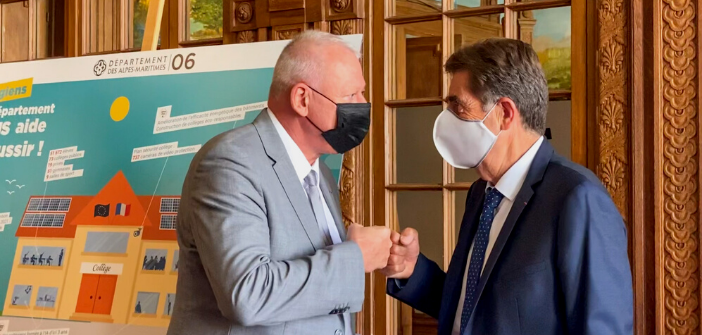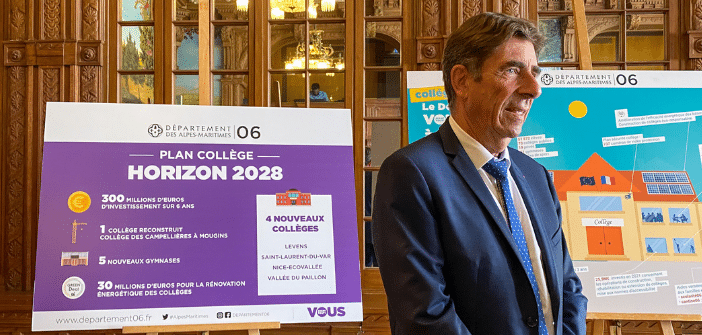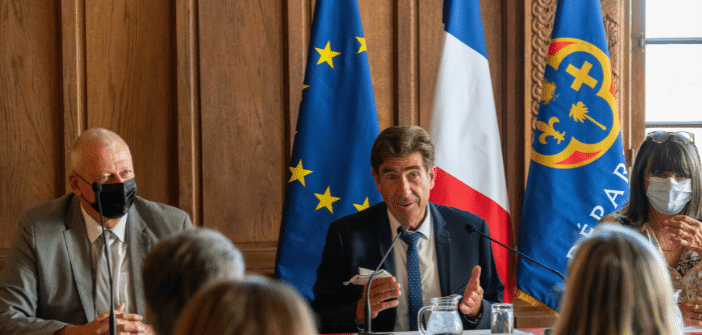The president of the Alpes-Maritimes department, Charles Ange Ginesy, announces the organization of the school start for middle schools.
In two days, students will be returning to school. On the Côte d’Azur, this new school year is synonymous with adaptation and modernization.
During the summer, many schools in the metropolis were restored, including the rehabilitation of science rooms, asbestos removal work, and the rejuvenation of boarding schools.
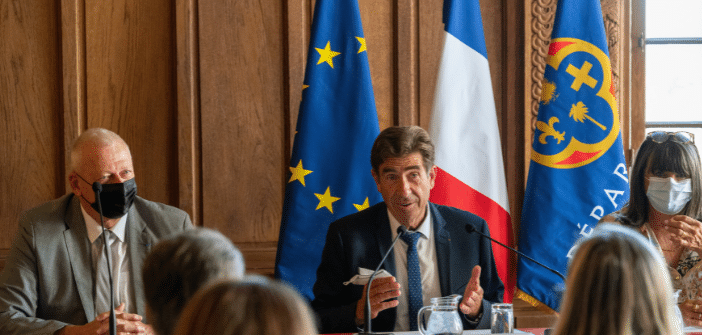
Balancing school resumption and the health crisis
One of the main challenges of the school year is COVID-19. In collaboration with local authorities, middle schools are adapting to the pandemic.
In Alpes-Maritimes, only 45% of 12-17 year-olds are vaccinated. This represents a risk in educational institutions. Nevertheless, half of the teenagers on the Côte d’Azur are open to vaccination.
“We will continue our efforts to protect middle school students and vaccinate them. The Departmental Council is committed to setting up vaccination spaces in 19 middle schools in the high and middle regions. The campaign will begin in mid-September,” assures Charles Anges Ginesy, the president of the Alpes-Maritimes department.
Different systems are being implemented to combat contamination in middle schools. One of them is the installation of CO2 detectors.
This installation allows for the detection of high concentrations of carbon dioxide in the air. The higher the CO2 level, the greater the risk of virus spread. This device helps know when a room needs to be ventilated.
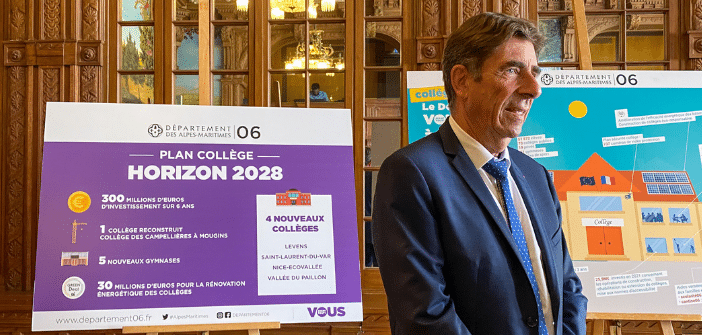
A “smarter” start to the school year
This school year is also marked by new technologies. Indeed, from the start of the year, one computer will be available for every five students, 1300 tablets will be distributed to 6th-grade students, and a total of 16,000 tablets will be deployed in middle schools.
Still aiming for modernization, “the rainbow project” should allow 3,000 middle school students to participate in awareness workshops on the challenges of artificial intelligence.
Canteens go green
Charles Anges Ginesy indicates that 50% of the dishes offered by canteens are organic. Forty local producers supply fruits and vegetables to 46 middle schools.
Activities proposed by chefs and dietitians are offered to raise awareness about food waste.
“We note an increase of 1,321 students for this school year, which shows, if it was still necessary, the dynamism of our territory,” announces Michel-Jean Floc’h, the inspector of the Nice academy.
He observes enthusiastically that the establishments are increasingly inclusive and notably equipped for people with disabilities.
